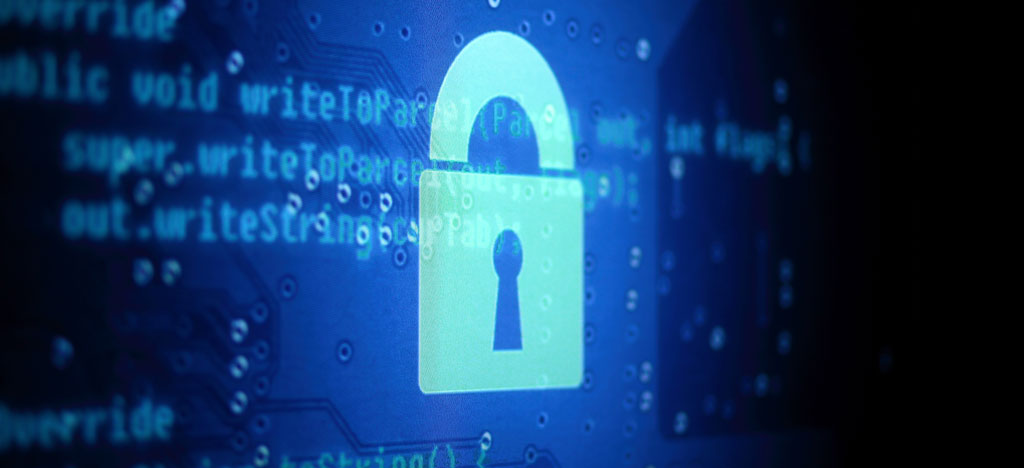By Martin Castro (The Cascade) – Email
Print Edition: October 1, 2014

Let’s boil the internet down to the concept upon which it is built: the sharing of information. The internet is a bridge that connects one big pile of stuff (the information on my phone, for example), to another, much bigger pile of stuff (everything else on the internet). It does this for every user, so a particular person’s information can be thought of as “Pile of Stuff #1,” and the internet can be thought of as “Communal Pile of Stuff.”
Now, I’m generalizing to an almost ridiculous level, but the key concept is this: the internet is a tool which allows people to share information — whether they want to or not.
For the most part, service providers and anti-virus software do a good job of putting up a net which filters the information you reveal to the internet and prevents it from going out to just any old Joe with a keyboard. Think of your online bank statements; those are usually pretty secure. However, the possibility of someone accessing your information is always there.
I’m not condoning the theft of personal information such as private pictures, bank information, and so on, but what I’m saying is this: don’t be surprised when it happens. Sure, this might sound a bit cynical, but I’d rather be a cynic with my personal information intact than an optimist who’s just had his emails, texts, and pictures combed through. Once you’ve accepted the fact that nothing is private on the internet, you can be more cautious about what you do when you’re using it.
You should always consider how you conduct yourself on the internet, and what you do while you’re there. Whatever you post becomes public property. So think twice about sending that special picture to that special someone via email or text message because that parcel meant for that special someone could find its way to the screen of everyone everywhere. Including your grandma. Yeah, doesn’t sound like such a good idea now, does it?
Once you’ve published something on the internet, it is no longer your property; it belongs to its collective users, and they can do just about anything they want with it. A copy of it will be swimming around the internet forever, and I’m not being hyperbolic here. Let that sink in: forever. It’s not just pictures, it could be anything. An angry letter or blog post written by your angst-ridden, 17-year-old self could pop up during a future job interview, closing doors to many opportunities.
We should have learned this a long time ago, but maybe we haven’t. The internet is equivalent to the seediest, most morally reprehensible bar you have ever laid your eyes on. You cannot, I repeat, cannot be too cautious while using the internet.

